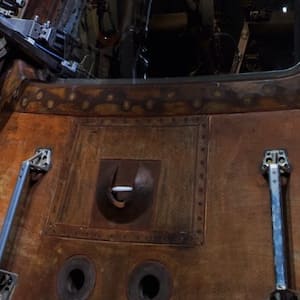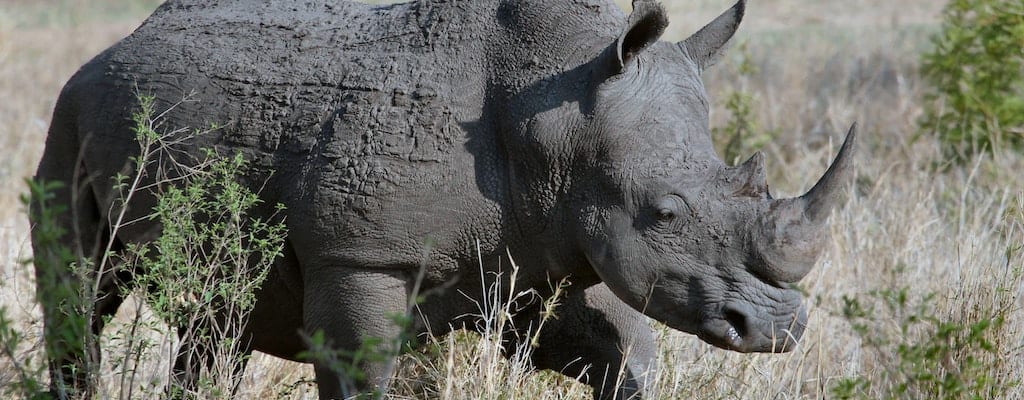brass monkey: Idiom Meaning and Origin
What does ‘brass monkey’ mean?
The idiom brass monkey is believed to refer to a naval practice where cannonballs were stacked on a brass frame. In extremely cold weather, the contraction of the metal caused the balls to fall off. The idiom is used to describe extremely cold temperatures.

Idiom Explorer
The idiom "in cold blood" means to do something in a ruthless and calculated manner, without any remorse or emotion. It is often used to describe a cruel or violent act that is done deliberately and without any compassion.
The idiom "hot and cold" means to be inconsistent or indecisive in one's actions or feelings.
The idiom "gunner's daughter" refers to a naval punishment where sailors were made to bend over a cannon to receive a flogging. It symbolizes being subjected to a severe punishment or reprimand.
The idiom "freezing cold" means extremely cold weather or temperature. It is used to describe a situation where the temperature is very low and can cause discomfort or difficulty. The term "freezing" signifies the extreme coldness, while "cold" emphasizes the low temperature.
The idiom "cold day in Hell" refers to a highly unlikely event or situation.
The idiom "catch one's death" means to become very cold and potentially develop an illness as a result of being exposed to extreme cold weather.
The idiom "catch a cold" means to become sick or to contract a common cold. It is often used figuratively to describe the likelihood of experiencing negative consequences or facing problems. For example, if someone says, "Don't go outside without a jacket, or you'll catch a cold," they are cautioning against the potential negative outcome of not protecting oneself.
The idiom "bust one's balls" means to put in a lot of effort, work extremely hard, or push oneself to the limit to achieve a goal, often in a competitive or difficult situation.
The idiom "bucket of bolts" refers to something, typically a machine or vehicle, that is in very poor condition or constantly malfunctioning.
The idiom "brass-necked" refers to someone who is shameless, audacious, or impudent. It implies a person who displays a lack of respect or humility, often in a bold or arrogant manner.
Revealing the Origins!
The idiom "brass monkey" has various meanings and interpretations. Here are the facts about this idiom:
The phrase "brass monkey" is thought to have originated in the 19th century.
The term "brass monkey" is not commonly used in everyday language today, but it is still known and understood by some.
The idiom is believed to have multiple origins, with different theories proposed.
One theory suggests that "brass monkey" refers to a naval or maritime origin.
According to this theory, a "brass monkey" is a brass stand or plate used on ships to hold iron cannonballs.
In cold weather, the theory claims that the brass monkey would contract, causing the cannonballs to dislodge and roll off the stand.
However, there is limited evidence to support this theory, and it remains speculative.
Another theory suggests that "brass monkey" may have a different origin related to unpleasant weather conditions.
Some sources claim that "brass monkey" could have referred to the brass priming triangle used on cannons.
In very cold weather, the brass triangle could contract, making it difficult to insert a priming charge and fire the cannon.
This theory, like the previous one, lacks solid evidence to confirm its validity.
It is important to note that the true origin of the idiom "brass monkey" remains unknown, and these theories should be taken as speculative possibilities.
The idiomatic expression "cold enough to freeze the balls off a brass monkey" is a variation of the phrase, often used to emphasize extremely cold weather.
This variation of the idiom is colloquial and not suitable for formal language or polite conversation.
The idiom has been used in literature, including works by authors such as Herman Melville and Joseph Conrad.
In modern usage, "brass monkey" is sometimes referenced in popular culture, such as in songs or movie titles.
The idiom has also been used metaphorically, suggesting a lack of coordination or chaos in a situation.
Given these facts, the true origin and definitive meaning of the idiom "brass monkey" remain elusive.
While theories have been proposed, they lack substantial evidence.
However, the idiom continues to exist in the English language, albeit with diminished frequency of use.
Its association with extreme cold weather, as in the expression "cold enough to freeze the balls off a brass monkey," is a well-known interpretation.
The idiom is also associated with naval or military settings, as in the theory of the brass monkey being a stand for cannonballs on ships.
These related idioms bring additional nuances to the understanding of "brass monkey." For example, "brass monkeys" is a colloquial expression used to describe extremely cold weather, similar to "cold enough to freeze the balls off a brass monkey."
Another related idiom is "barrel of monkeys," which refers to a situation or activity that is very enjoyable or entertaining.
While "brass monkey" is associated with cold weather, "brass-neck-idiom-meaning-and-origin/">brass neck" and "brass-neck" are idioms that have different meanings.
Both idioms are used to describe someone who has a lot of confidence, often in a cheeky or audacious way.
The idiomatic expression "brass neck" is used in British English, while "brass-neck" is used in both British and American English.
These related idioms provide a broader context for understanding the idiom "brass monkey" and its various interpretations.
Regardless of its origins and meanings, the idiom adds an element of intrigue and curiosity to the richness and complexity of the English language.
Example usage
Examples of how the idiom "brass monkey" can be used in a sentence:
- It's so cold outside that it could freeze the balls off a brass monkey.
- He was as angry as a brass monkey when he found out they had lost his luggage.
- The team's performance was off the charts, they were playing like brass monkeys!
More "Animal" idioms



